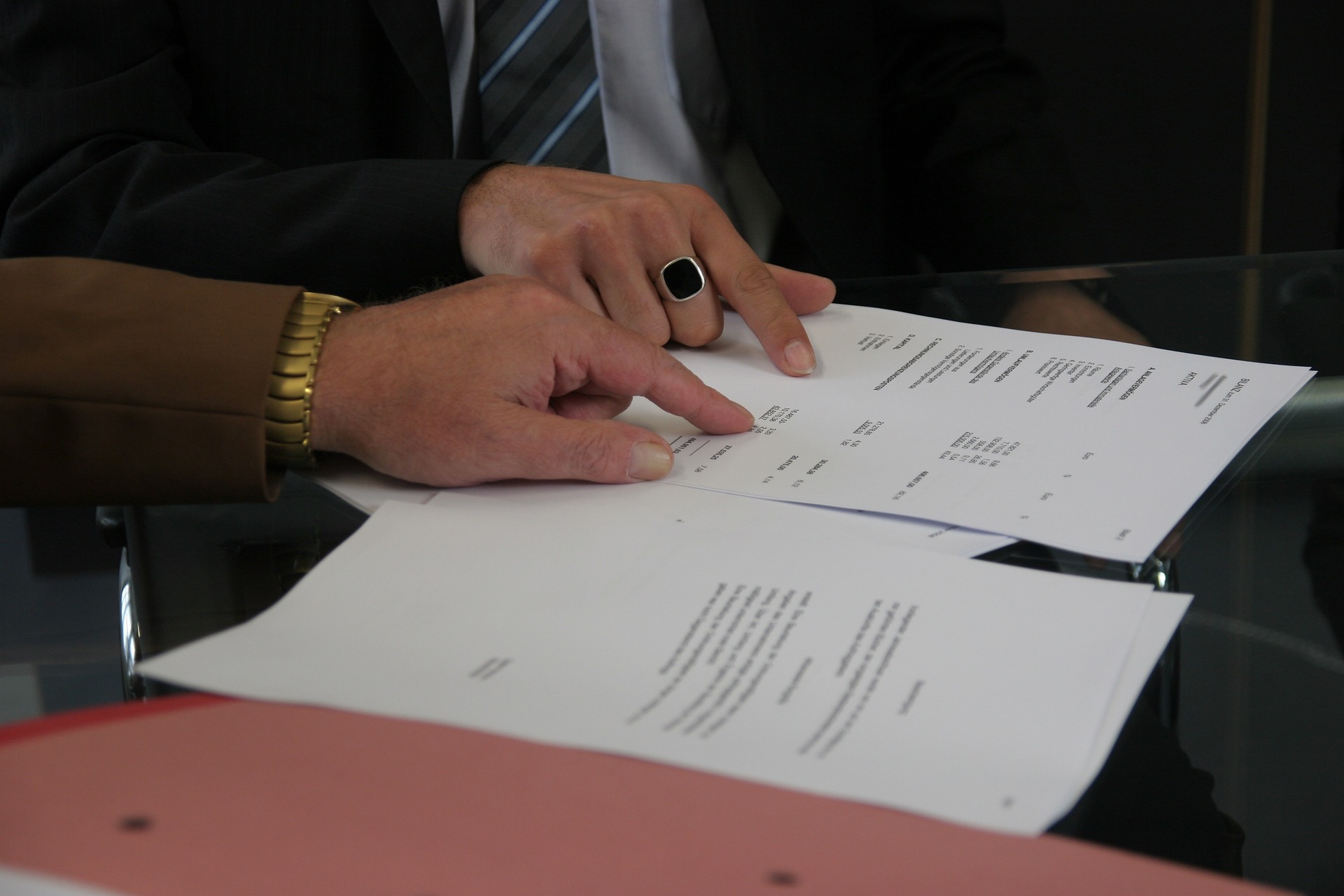Rent Arrears
When a tenant falls behind on rent payments, a landlord may choose to use a legal letter to address the issue of rent arrears. The legal letter serves as a formal notice to the tenant, clearly stating the amount owed, the due date of the unpaid rent, and any applicable late fees or penalties. It outlines the consequences of continued non-payment, such as potential legal action or eviction proceedings, and provides a specific timeframe for the tenant to rectify the situation. By utilising a legal letter in cases of rent arrears, landlords can assert their rights, emphasize the seriousness of the matter, and establish a clear course of action to resolve the outstanding debt.









